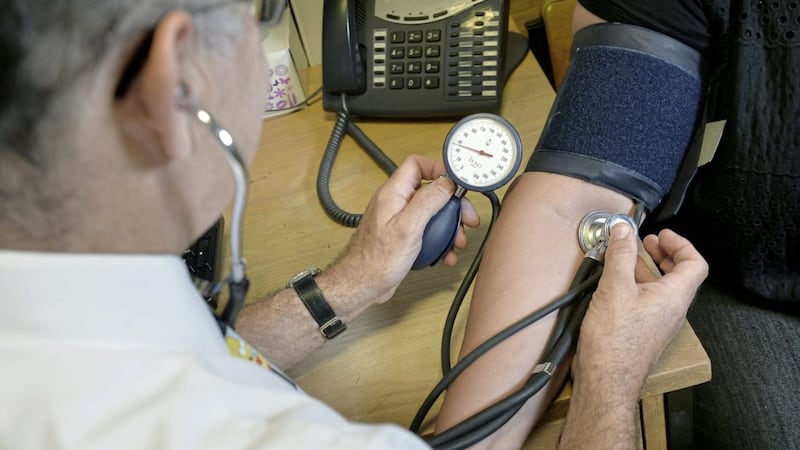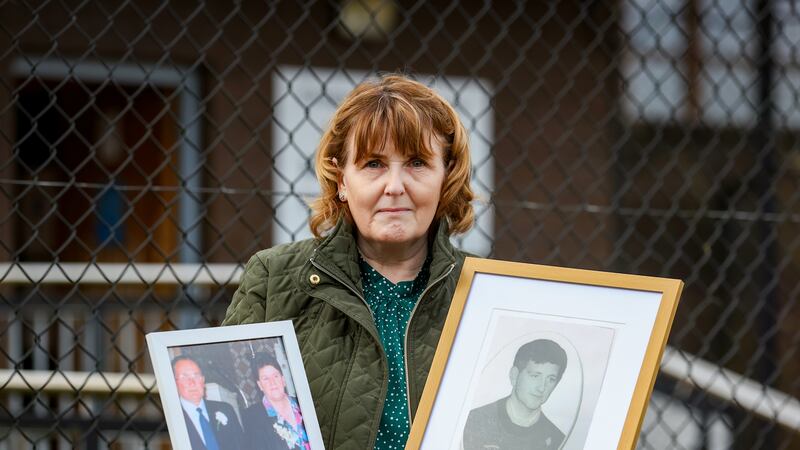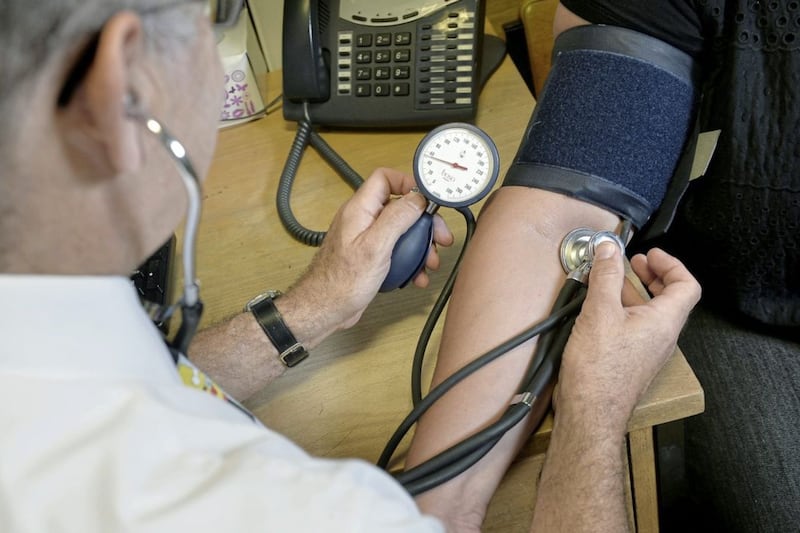MORE than 900 complaints were lodged with a patients' group last year about the health service.
New figures from the Patient and Client Council show around two-thirds of complaints were about patients' treatment and care.
Around a quarter of complaints were about poor communication.
Just over 12 per cent of complaints were from patients and relatives who were concerned about the time it took to see a GP, a hospital specialist following a referral, and for actual treatment. Many people wanted to know how long they would have to wait, how to check their place on a waiting list and to ask what would happen if they became ill while waiting.
Other concerns raised included the attitude of staff.
Almost 2,600 people contacted the council's complaints service last year.
Richard Dixon, the complaints service's manager, said: "We will use the findings from the Annual Complaints Report to promote learning from complaints, openness and timeliness in responding to complainants, and ensure we continue to develop our service in response to people's needs".
The figures come after the Ambulance Service said ambulances on high-priority call-outs are taking longer to arrive than three years ago due to an outdated recording system.
Average waiting times for patients classed with life-threatening illnesses or injuries rose from 7.15 minutes in 2013-14 to 10.17 minutes in 2015-16.
The service said it was missing its eight-minute target because some category A calls - the most serious - were being miscategorised under the current system. It said some calls should be treated as serious, not life-threatening.
Meanwhile, all non-emergency inpatient surgeries at Craigavon Area Hospital have been cancelled due to an outbreak of a winter vomiting bug - the norovirus.
Surgeries where a patient can be discharged on the same day are still going ahead.
The Southern Health Trust said wards in several of its hospitals have been closed to new admissions because of the bug. The norovirus can cause vomiting, nausea and diarrhoea.
"Norovirus is in the community and is now seriously impacting on our hospitals," a spokesman said.
"We are working hard to arrange new dates as quickly as possible for any of the patients affected.
"The situation will continue to be reviewed to assess if more cancellations are required in the days ahead."
People are being asked to stay away from hospitals due to the risk of spreading the bug to patients and staff.
Dr Lorraine Doherty from the Public Health Agency said people should take extra care when washing or disinfecting their hands.
"It is very important that people who have symptoms do not visit hospitals, their GP surgery, or nursing and residential homes," she said.
"The illness can last as little as 12 hours or up to three days and the best treatment is to stay at home, rest, take plenty of fluids, and reduce contact with others, both in the home and at work."




